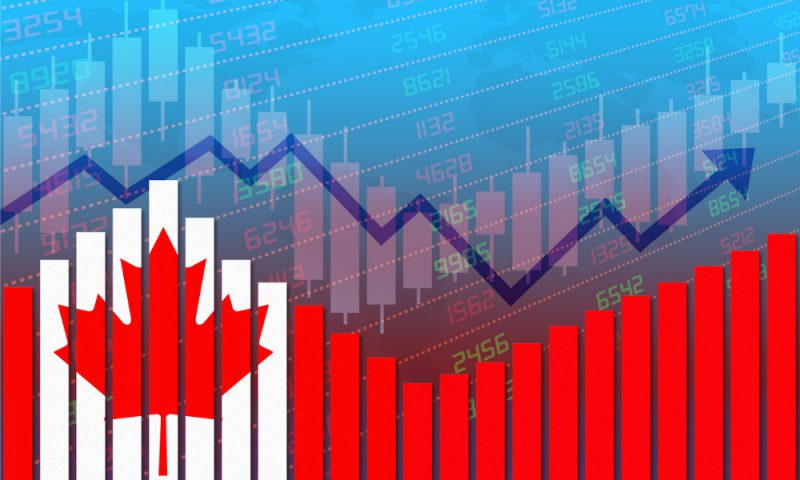The inflation rate for Canada has dropped to 7.6% in the month of July, from 8.1% in June. The country seems to be going against the global trend of skyrocketing inflation numbers.
Although the July number was the highest recorded inflation rate since January of 1983, it was still below the projected number of 8.4%. Nonetheless, its May numbers were higher than initially projected, 7.7% compared to the projected 7.4%.
The major upward pressure was exerted by the transportation, food, and housing sectors. This is a result of increased energy and commodity prices due to the sanctions imposed on Russia.
The two most significant CPI basket categories in Canada are housing and transportation. Transportation took a hit as global energy demand led to a surge in gasoline prices. Canada recorded a 16.8% increase in transportation costs for June, as compared to 14.6% in May. Gasoline prices rose by 54.6% in June, compared to 48% in May. Additionally, the consumer price index (CPI) for recreation, education, and reading increased from 5.4% in May to 6.3% in June.
On the digital asset front, last week Canada witnessed the highest outflows of crypto-related products. This was probably in anticipation of the inflation numbers. With a dip in inflation, crypto investments might see a rise this month.
Upcoming important dates for Canada
On September 7, the Bank of Canada is scheduled to issue its following significant interest rate announcement. Many are anticipating another interest rate increase. The central bank expects that raising interest rates would prevent a significant economic collapse while bringing inflation back down to its target of 2%.
While most countries are struggling to keep their numbers at bay, Canada is leading by example on that front. Even the US saw a decrease in its July numbers. However, some were skeptical of the US numbers. Many say that the actual inflation rate in the US is much higher than reported.





